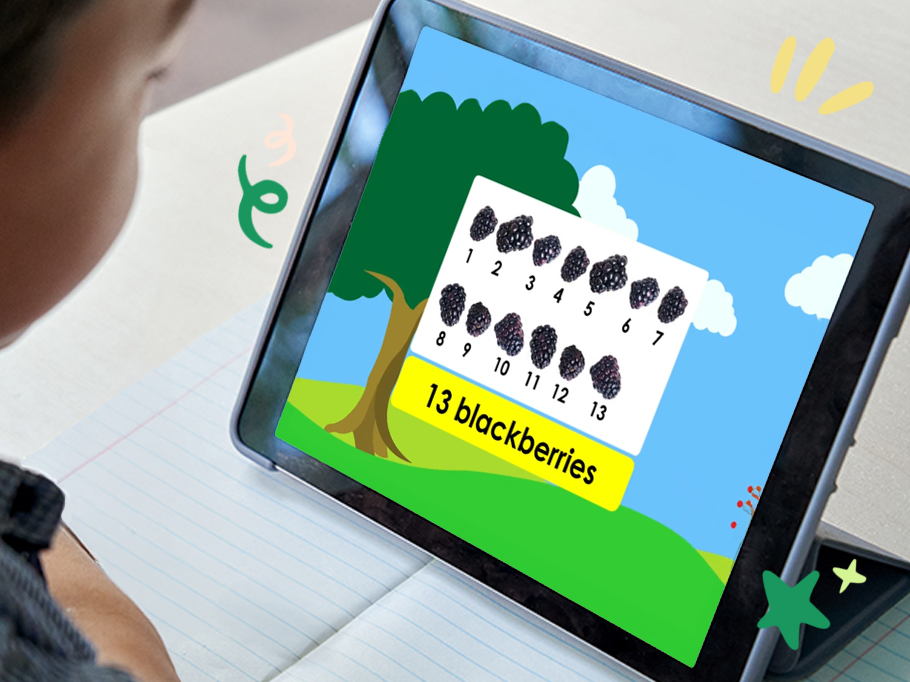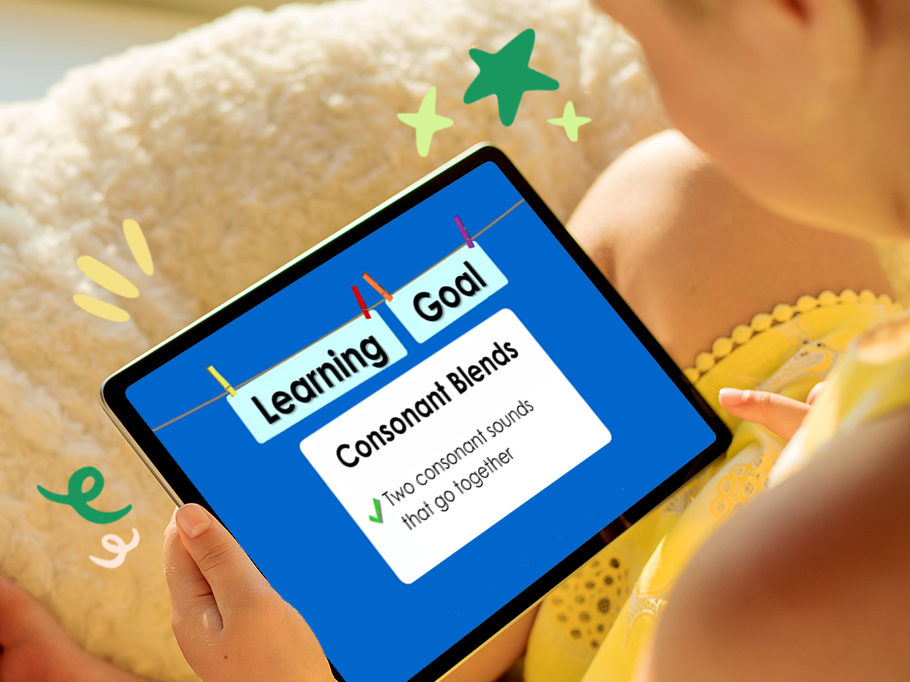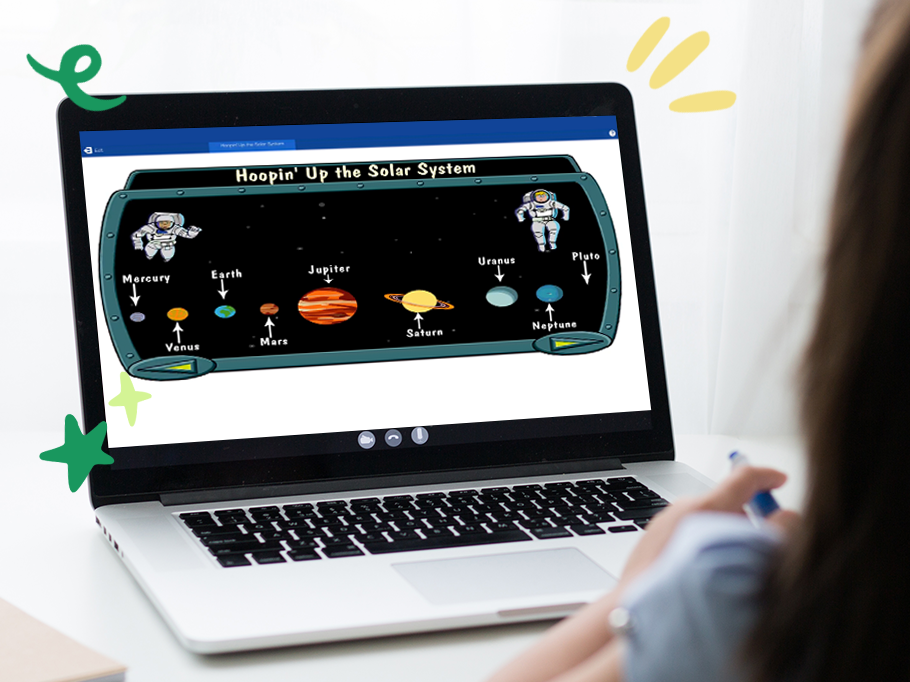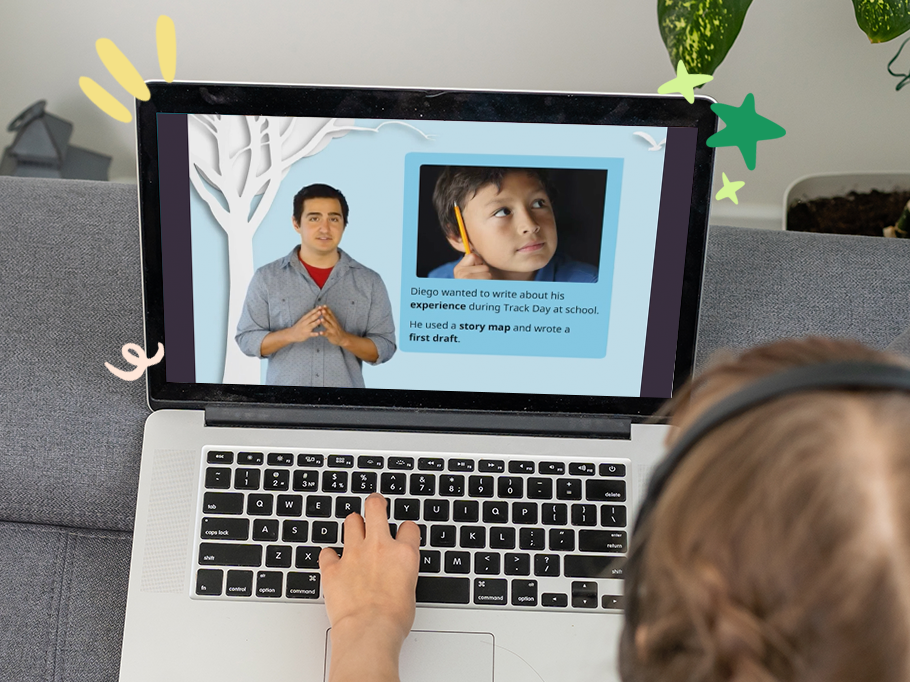
Rhode Island standardized test prep
Which standardized tests are given in Rhode Island? When are they offered?
In Rhode Island, the primary standardized tests given to students are:
-
RI-PACT (Rhode Island Performance Assessment for Comprehensive Testing): This is the state’s assessment for students in grades 3-8, testing English Language Arts (ELA) and Mathematics. It is administered in the spring, usually between March and May.
-
Next-Generation Science Assessment (NGSA): This test measures students' knowledge of science in grades 5, 8, and 11. It is also typically given in the spring, aligned with the timing of the RI-PACT.
-
Dynamic Learning Maps (DLM): This is an alternate assessment for students with significant cognitive disabilities who are unable to take the standard RI-PACT or NGSA. It is offered in the spring as well.
-
SAT: Rhode Island mandates the SAT for all high school juniors as part of their state testing requirements. The SAT is generally administered in April each year, although there may be additional testing opportunities in the fall or spring through the College Board.
-
PSAT: Though not required, many Rhode Island high school students take the PSAT as a practice test for the SAT. Schools may offer the PSAT in October.
Testing dates and windows may vary slightly each year, so it’s important for parents and students to check with their local school district for specific schedules.
Are Rhode Island homeschoolers required to take standardized exams?
In Rhode Island, homeschoolers are not required to take standardized exams, but they must provide evidence of their child’s educational progress each year. To meet state requirements, homeschooling families have the following options:
-
Standardized Testing: Homeschoolers can choose to administer a nationally recognized standardized test, such as the Iowa Test of Basic Skills (ITBS) or the Stanford Achievement Test, and submit the results to the local school district.
-
Portfolio Review: Parents can submit a portfolio of the child’s work, which includes samples of completed assignments and projects. A certified teacher must review the portfolio and provide an evaluation of the child's academic progress.
-
Alternative Assessment: In some cases, parents may use other types of assessments, as approved by the school district.
Additionally, homeschooling parents must submit an annual notice of intent to homeschool, along with evidence of progress by the end of the school year.
Check out our Rhode Island homeschooling guide to understand the all of the state homeschooling requirements and how to get started.
How can Time4Learning help Rhode Island students prepare for standardized testing?
Time4Learning helps Rhode Island students prepare for standardized testing by offering a state-aligned curriculum in Math, English Language Arts, and Science. The program provides interactive lessons, practice activities, and progress tracking to reinforce key skills needed for tests like the RI-PACT and NGSA.
- State-Aligned Curriculum: Covers subjects tested in Rhode Island’s standardized exams.
- Practice & Review: Offers interactive lessons, quizzes, and activities for skill reinforcement.
- Progress Tracking: Allows parents to monitor student progress through detailed reports.
- Special Needs Support: Customizable pacing, visual aids, and interactive features support diverse learning needs.
This flexible and personalized approach ensures students are well-prepared for testing while allowing them to learn at their own pace.
Legal note
We have done our best to ensure the accuracy of this information, however it should not be interpreted as legal advice. It is your responsibility to interpret and understand the laws that you will be homeschooling under.
Related Posts
-
Homeschool research: Compare Time4Learning to other curricula
Shopping for homeschool curricula can be an exciting experience. Whether you’re looking for a core curriculum, a supp...
-
Time4Learning and Sonlight® Comparison
If you’ve been reading Sonlight® homeschool reviews as well as reviews about Time4Learning but want more insight abou...
-
Sonlight®: How Do I Use It With Time4Learning?
Sometimes, after you are done exploring the pros and cons of two different curriculums, you’ll find that there are ...
-
Time4Learning vs Sonlight®: Pricing
While trying to find the best curriculum fit for your children’s education, curriculum cost is one of the key thing...
-
Time4Learning vs Sonlight®: Curriculum Features
Finding the proper features and benefits a curriculum offers is paramount when deciding which program you’ll invest...
-
Time4Learning vs Sonlight®: Pros and Cons
Before spending your hard-earned money on any curriculum, you should fully understand their pros and cons. As for t...
-
Time4Learning vs Power Homeschool®: Overview
Homeschooling families have so many options for curriculum. What they don’t always have is the information that helps...
-
Can I Use Time4Learning with Power Homeschool®?
It’s possible that you have been comparing Power Homeschool® and Time4Learning curricula and have found aspects of ...
-
Time4Learning vs Power Homeschool®: Pricing
Cost is one of the chief factors that families consider when choosing homeschool curricula. The average cost of hom...
-
Time4Learning vs Power Homeschool®: Curriculum Features
There is no “best homeschool curriculum,” but there is definitely a best option for your particular student. Aside ...
-
Time4Learning vs Power Homeschool®: Pros and Cons
When searching for the best homeschool curriculum for your family, you need to know both the positives and negatives ...
-
Time4Learning and IXL® Comparison
Determining which is the best homeschooling curriculum for your child takes time. Doing research, reading reviews, an...
-
How Do I Use IXL With Time4Learning?
Maybe you’ve explored the different features and pros and cons of both Time4Learning and IXL®, but there are facets...
-
Time4Learning vs IXL® Membership Costs
Whether you’re just starting to homeschool or in the market for a new curriculum, cost is usually high on your pri...
-
Time4Learning and IXL® Curriculum Features
When narrowing down homeschooling curriculum options, most families find it helpful to compare programs in order to f...
-
IXL® Curriculum Pros and Cons
Once you’ve read about the program features and costs associated with athe IXL® curriculum, you should get to know th...
-
Time4Learning vs Calvert®: Overview
Have you been reading Time4Learning and Calvert® homeschool reviews, but still feel unsure about the differences betw...
-
How Do I Use Calvert® With Time4Learning?
Perhaps you have examined the different features and pros and cons of both Time4Learning and Calvert®, but have com...
-
Time4Learning vs Calvert®: Pricing
Many homeschoolers who are on a strict budget often look at homeschool curricula cost before they research anything...
-
Time4Learning vs Calvert®: Features
When researching the different homeschool curriculum options, you’ll likely be focusing on the ones that best suit ...
-
Time4Learning vs Calvert®: Pros and Cons
The key to choosing a homeschool curriculum is finding the one – or mix of curricula – that will provide your uniqu...
-
Time4Learning vs. Easy Peasy All-in-One Homeschool
Founded in 2004, Time4Learning is an award-winning, interactive PreK-12 online learning program that teaches math, ...
-
Time4Learning and Abeka® Comparison
Have you been reading Time4Learning reviews and Abeka® Academy reviews, and still feel unsure about the differences b...
-
Abeka® Curriculum Pros and Cons
When you are searching for the best homeschool curriculum for your family, you need to know both the positives and th...
-
Time4Learning and Abeka® Curriculum Features
When you are researching the top homeschool curriculum options, you’ll likely be comparing them closely to find out w...
-
Time4Learning and Abeka® Homeschool Costs
No matter how great a homeschool curriculum program is, if it doesn’t fit into your family’s budget, it’s not the rig...
-
K12 vs. Time4Learning Comparison
Considering using K12*? Many parents new to homeschooling find that one of the most difficult choices they make is se...
-
Time4Learning and ABCmouse® Comparison
Are you curious about the differences between Time4Learning and ABCmouse.com® Early Learning Academy? If you’ve been ...
-
How Do I Use ABCmouse® with Time4Learning?
Maybe you’ve explored the different features and pros and cons of both Time4Learning and ABCmouse.com® Early Learning...
-
Time4Learning and ABCmouse® Homeschool Costs
When you are deciding on curriculum, one of the most important considerations for families is usually the cost. The a...
-
Time4Learning vs ABCmouse® Features
When you are trying to decide which is the best homeschool curriculum for your individual student(s), you’ll probably...
-
Time4Learning vs ABCmouse®: Pros and Cons
Before making any final decisions about the homeschool curriculum you want to use, you need to know both the pluses a...
-
Do homeschoolers get high school diplomas or transcripts?
Homeschooling through the high school years may seem daunting, but it is completely doable and perhaps far easier tha...
-
How to create a homeschool portfolio
Creating a homeschool portfolio is an important way to track your child’s progress and showcase their learning achiev...
-
Homeschool classroom ideas: How to set up your learning space
It’s time to start your new homeschool year! How exciting! But where will you do school work? Do you have a room sitt...
-
Do I need an accredited homeschool program?
Is my homeschool curriculum accredited? Is it legit? Is it approved? Is it enough? You can ask this question in so ma...
-
Homeschooling myths: lack of socialization
What about socialization? How do homeschoolers socialize? To be honest, this is one of those questions that most home...
-
Why is summer a great time to begin homeschooling?
Perhaps your children are attending a traditional school, and you have determined that you will transition to homesch...
-
What to do if your homeschool program isn't working
Envision this scenario: You’ve passed the halfway point of the homeschool year and frustrations abound. Your kids are...
-
Yes, you can start homeschooling at anytime!
You may have been considering homeschooling for a while or perhaps you are just starting to look into this option. Th...
-
Steps to plan and start your homeschool year
Whether you’re starting homeschooling in the middle of the year, during the summer, or are an experienced homeschool-...
-
Reading Goals for Students
Beginning with the end in mind will help you set expectations, measure progress, and create opportunities to celebrat...
-
Science goals for students
The purpose of science education is for students to understand and interpret the natural systems of the world around ...
-
How to Set SMART and Practical Homeschool Student Goals
Whether it is required by your state or not, homeschool goal-setting is simply good educational practice. In essence,...
-
Math goals for students
As you start to think about setting math goals for students, remember that SMART goals are specific, measurable, achi...
Lessons that grow with them

Preschool Curriculum
$29.95 / Month
Kindergarten Curriculum
$29.95 / Month
First Grade Curriculum
$29.95 / Month
Second Grade Curriculum
$29.95 / Month
Third Grade Curriculum
$29.95 / Month
Fourth Grade Curriculum test
$29.95 / Month
Fifth Grade Curriculum
$29.95 / Month
Sixth Grade Curriculum
$39.95 / Month
Seventh Grade Curriculum
$39.95 / Month
Eighth Grade Curriculum
$39.95 / Month
Ninth Grade Curriculum
$39.95 / Month
Tenth Grade Curriculum
$39.95 / Month
Eleventh Grade Curriculum
$39.95 / Month
Twelfth Grade Curriculum
$39.95 / Month


